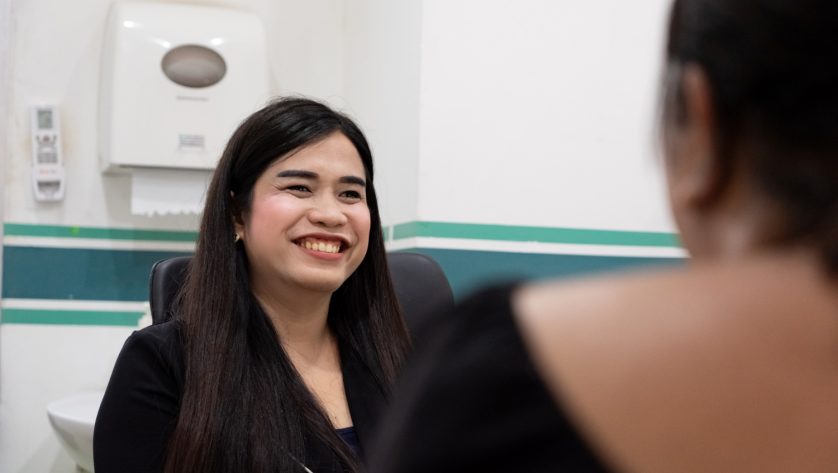In the town of Musina, along South Africa’s northern border with Zimbabwe, Marrieth Ndlela talks to a young man who traveled more than 1,000 kilometers to get a fresh start in a new country.
“I remember the first month I arrived here,” says Amman, a music and math teacher who left the Democratic Republic of the Congo due to instability and violence. “I was afraid. You know, when you when you arrive in a country, you don’t know anyone.”
Amman had heard stories about the city he was travelling to, Pretoria, the country’s administrative capital, located in the northeast. “I was afraid about the life here, about how people were talking about South Africa, especially in Pretoria. There are thieves, you know, who can kill you anytime.”
But he also has other fears that are common to most migrants, Ndlela explains. “Most migrants are worried about what might happen to them, because most of them do not have documents. So most of them, they are worried of being deported to their country of origin.”
“This is why trust is so important when offering services to migrants,” says Ndlela, who works with other volunteers to help migrants stay in touch with family and to offer screening for infectious diseases.
“As volunteers, we build the relationship with migrants,” she says, adding that volunteers go regularly to places where the migrants feel safe and comfortable, “so that they get to be used to us.”
 Red Cross Red Crescent magazine
Red Cross Red Crescent magazine 






 Tech & Innovation
Tech & Innovation Climate Change
Climate Change Volunteers
Volunteers Health
Health